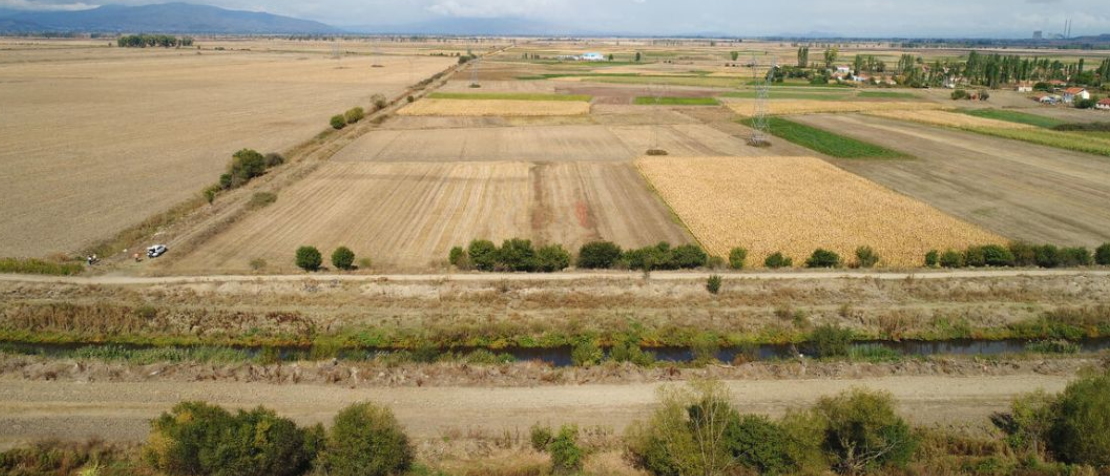LANDNET workshop to discuss good practices on land consolidation success in Europe and around the world

©FAO
In many countries of the Europe and Central Asia region, the majority of smallholder farmers own fragmented land parcels that are difficult to farm efficiently, hampering economic growth and sustainable production.
One solution is land consolidation, the reallocation of agricultural land parcels to improve the farm structure. At a three-day LANDNET workshop in Budapest, Hungary, from 28 to 30 May, experts from more than 30 countries will discuss how the process benefits women’s land rights and tenure security, combats climate change and land degradation, and boosts the development and regulation of agricultural land markets.
Established in 2010, LANDNET is a technical network of land tenure professionals from Europe and Central Asia and beyond. The network and its annual workshops are supported by the Food and Agriculture Organization of the United Nations (FAO).
Land consolidation is not a new concept, as it has a tradition in Europe of more than 100 years. According to FAO Land Tenure Officer Morten Hartvigsen, recent decades have seen a shift towards a multi-purpose approach that promotes sustainable practices, enhances land and water management and biodiversity, and supports resource-efficient farming and productivity in rural areas.
Land consolidation and land banking instruments are more relevant than ever, Hartvigsen said, with national programmes currently ongoing in around 20 countries in Europe.
Over the course of the workshop, country examples of land consolidation will come from Denmark, North Macedonia, Poland and Türkiye, with the global perspective provided by cases from China, Ethiopia, Morocco and Thailand. A panel discussion will highlight good practices for land consolidation and land banking that contribute to enhancing climate resilience and combating land degradation. Participants will review proven approaches on enhancing the participation of landowners, farmers and the broader community in the land consolidation process, along with the linkages between tenure security and women’s land rights and experiences related to land market development.
Participants also will be shown elements from a forthcoming FAO eLearning course on land consolidation and land banking set to see a soft launch during the workshop.
The event is framed by FAO’s broader goal to empower smallholders, family farms and youth through inclusive rural transformation, digitalization and innovation and is supported by the Green Connect Initiative, which aims to advance the type of interregional learning and sharing of experiences seen at this LANDNET workshop. The upcoming e-course on land management will be integrated into the platform.
Now in its eightieth year, FAO began addressing fragmentation through land consolidation as far back as the 1940s and continues to partner with international and national organizations and individual experts from many European countries to support the sharing of good practices and experiences on land consolidation, land banking and land market development among countries in Europe and Central Asia. In doing so, the Organization advocates for the implementation of participatory, consultative, gender-responsive and transparent land governance efforts.
16th International LANDNET workshop
Video: FAO support to land consolidation in Europe and Central Asia
Publication: Land consolidation
LANDNET workshop looks forward while celebrating 100 years of land consolidation in Europe
Regional Priority Programme: Empowering smallholders, family farms and youth through inclusive rural transformation, digitalization and innovation

